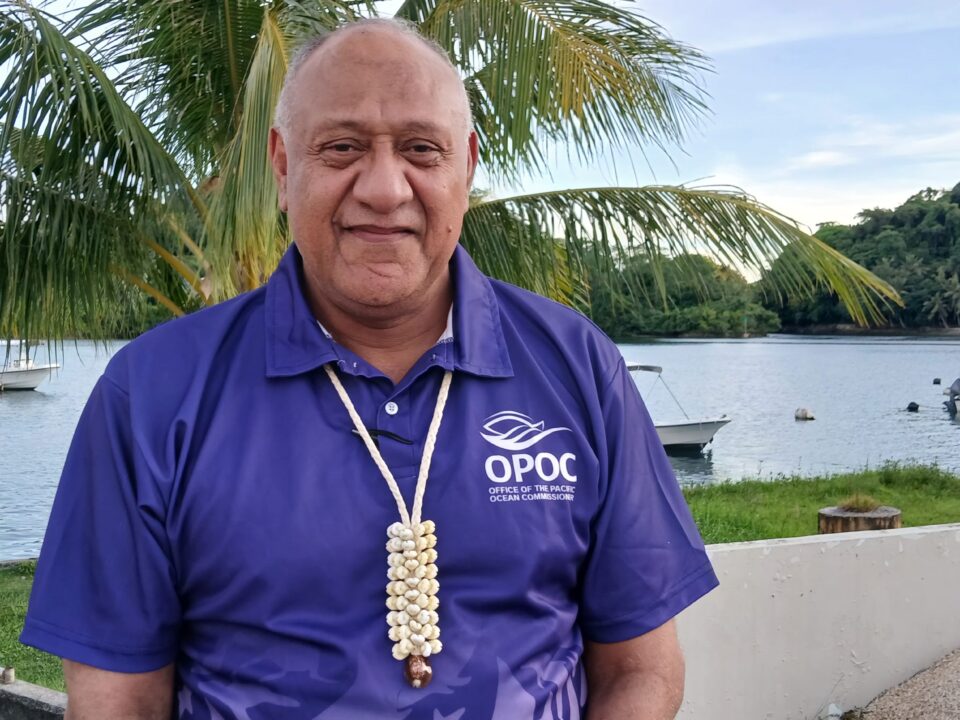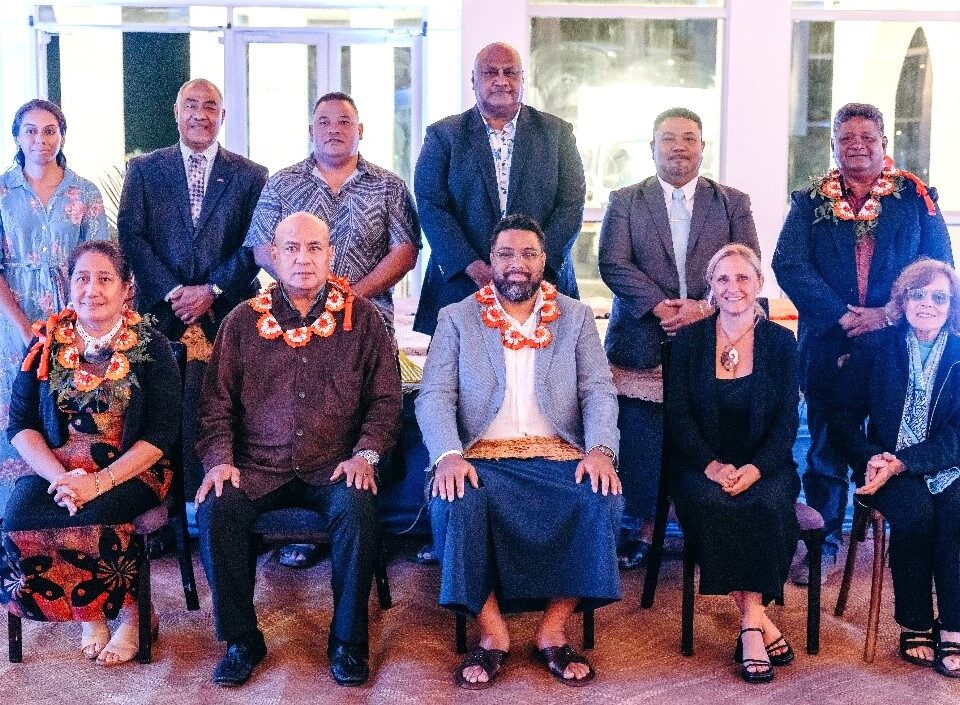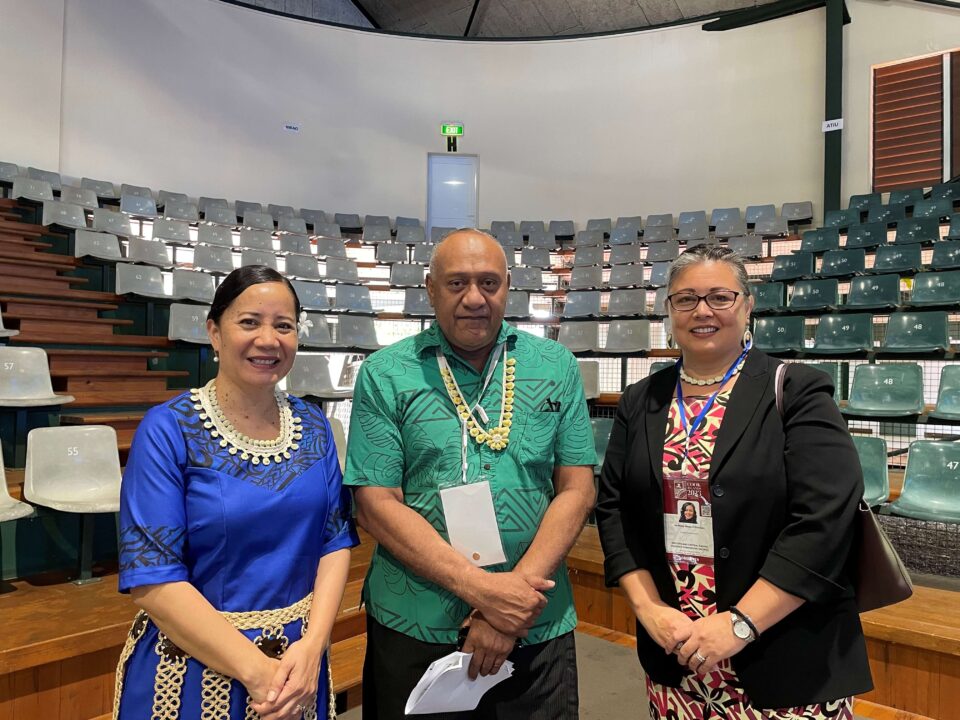
Pacific Small Island Developing States (PSIDS) in New York leading the negotiations on the draft text of a new global agreement to manage marine biodiversity beyond nation jurisdiction areas (BBNJ), want the treaty to be fair, equitable and effective.
And, they want the treaty to address specific needs of small island developing states to implement their obligations under the Convention of the Law of the Sea.
Speaking on behalf of PSIDS at the beginning of the two weeks of negotiations in New York, Fiji’s Permanent Representative to the United Nations, Ambassador Satyendra Prasad said the new global agreement should recognise the unique challenges and vulnerabilities of small island developing states.
“Traditional knowledge built over generations should inform conservation efforts, serving as a complement to science in areas beyond national jurisdiction, said Ambassador Prasad,
Fiji is the chair of the PSIDS, a recognised advocacy group for the Pacific within the United Nations system.
Tuvalu’s Deputy Permanent Representative to the United Nations, Fakasoa Tealei speaking on behalf of the Pacific Islands Forum cautioned that implementation of the forthcoming instrument could be delayed if the text is too broad.
He also stressed the need to improve global governance.
“For the Forum, the forthcoming instrument must rise up to the huge challenges and threats faced by marine biodiversity. The Forum cannot agree on lowest common denominator solutions or accept the status quo.
He said the proposed global treaty should reflect knowledge accumulated over centuries by indigenous peoples and local communities, emphasising PSIDS position that traditional knowledge is especially relevant when science is lagging.
“The text must be inclusive and consideration of Small Island Developing States in the zero draft must be strengthened.
He noted the growing recognition of the need to adequately consider the concerns of coastal States, given the impact that the instrument could have on their exclusive economic zone rights. A related issue is the role of regional and sub-regional institutions established for conservation purposes.
While the second Inter-governmental Conference (IGC 2) identified areas of convergence, it also pinpointed areas that require more work in order to build a fair, balanced and effective outcome.
IGC 2 identified the four key thematic clusters under negotiations – these are marine genetic resources, area-based management tools including marine protected areas, environmental impact assessments (EIAs), and capacity building and marine technology transfer.
The process of drafting the first-ever treaty addressing marine biodiversity of areas beyond national jurisdiction entered a new phase this week as United Nations Member States began text-based deliberations, with a view to reaching an agreement by the first half of 2020.
“I’m confident that our common interest in providing future generations with a healthy, resilient and productive ocean will continue to guide delegations in their negotiations,” said Miguel de Serpa Soares, Under-Secretary-General for Legal Affairs, in his remarks to the opening of the third session of the Intergovernmental Conference on an international legally binding instrument under the United Nations Convention on the Law of the Sea on the conservation and sustainable use of marine biological diversity of areas beyond national jurisdiction.
Published: PACNEWS



